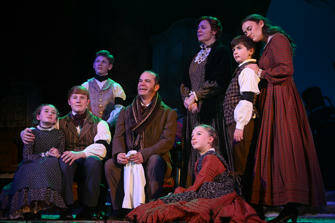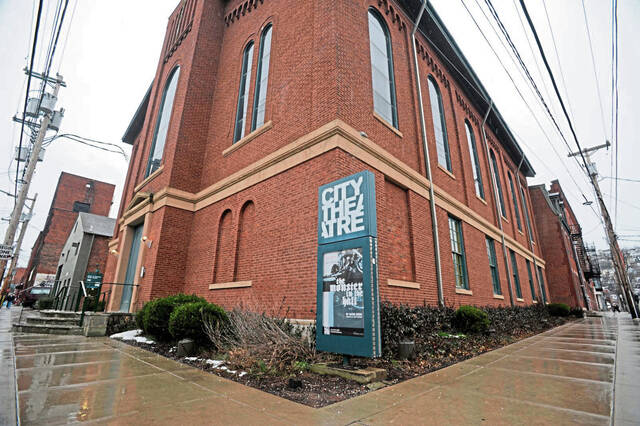Even timeless stories can be extra-relevant sometimes, and now is one of those times for the great opera “Don Giovanni.”
It was written in 1787 but its story could have been ripped from today’s headlines. It is about a sexual predator brought to justice by his victims, a plot created centuries before social media and the #MeToo movement.
“It’s extraordinary how contemporary a piece it is,” says Kristine McIntyre, the stage director for Pittsburgh Opera’s upcoming production of “Don Giovanni.”
Pittsburgh Opera will present “Don Giovanni” Oct. 12-20 at Pittsburgh’s Benedum Center.
Composer Wolfgang Amadeus Mozart and librettist Lorenzo da Ponte called their opera a “Dramma giocoso,” a mix of drama and comedy.
The opera’s impact is immediate. The company’s music director Antony Walker, who will conduct these performers, points out that “Don Giovanni” begins as though a comedy, with a servant waiting for his master.
“Then we’re thrust suddenly, in no more than three minutes after the curtain rises, into a situation of great violence,” he says. Don Giovanni attempts to rape a woman and kills her father when he comes to her defense. “Only Mozart could have written music that so succinctly and powerfully conveys” these contrasting scenes.
One of the opera’s strongest qualities is that it doesn’t present Don Giovanni as a cardboard villain.
“I think, especially given the moment in which we are living, there is no doubt that this sort of men – powerful men using their power in ways that are abusive, sexually demeaning and wrong – can also be charming,” says McIntyre. “It’s one of the great issues we have to face. If we find Don Giovanni charming and are also upset at his behavior, that forces us to confront exactly where we’re willing to draw the line, and what that says about ourselves and our society.”
The Don Giovanni of Mozart’s opera is bold, resourceful and clever as well as charming, but like all anti-heroes lacks one of the qualities of a genuine hero. In this case he lacks a moral compass. He’s amoral.
McIntyre decided she wanted to explore the notion of the antihero in an American context and realized film noir style created many possibilities.
“Noir lines up really well with the characters of ‘Don Giovanni’ and with a lot of the themes in it,” she says. “It is also a very visually recognizable style, which is useful for the stage. It gives us the thrill of understanding that literally anything might happen when a character runs amok. This antihero has a past that’s chasing him down and we know he’s going to come to a bad end. I think that’s palpable in the opera and in noir was well.”
Craig Verm will sing the title role in Pittsburgh Opera’s production. The Pittsburgh baritone, who played the same role in Dallas a year ago, says he’s thrilled with McIntyre’s approach.
“It’s very tricky to stage this opera in light of what’s happening politically and culturally right now,” he says. “We’re getting to explore this power differential, where Don Giovanni wields his power and wealth over these women and changes the narrative about what he’s done and what is truth. It mirrors very creepily what’s happening right now, for example in the film industry and theater. It’s great to get to explore this. That’s what art is for.”








